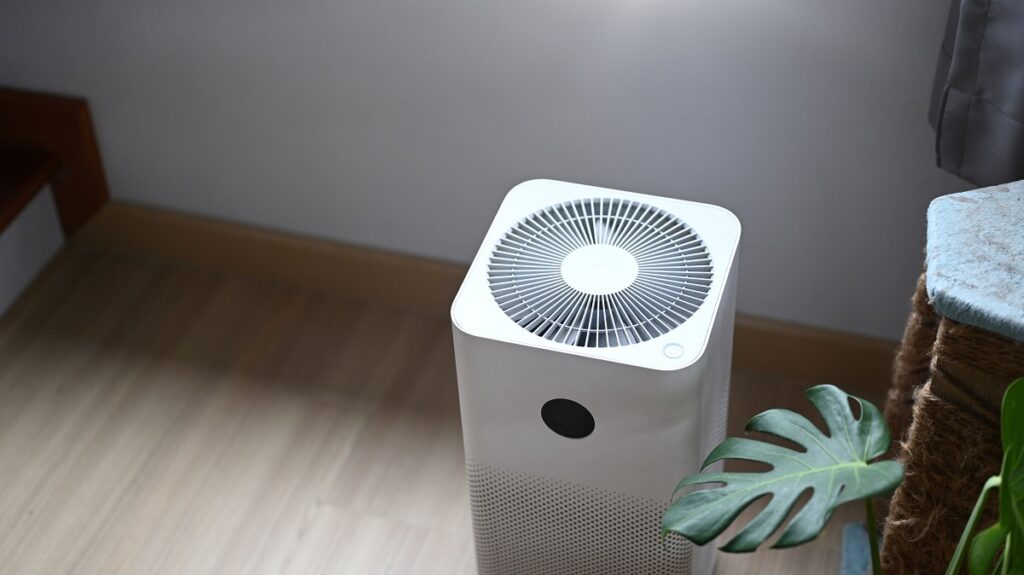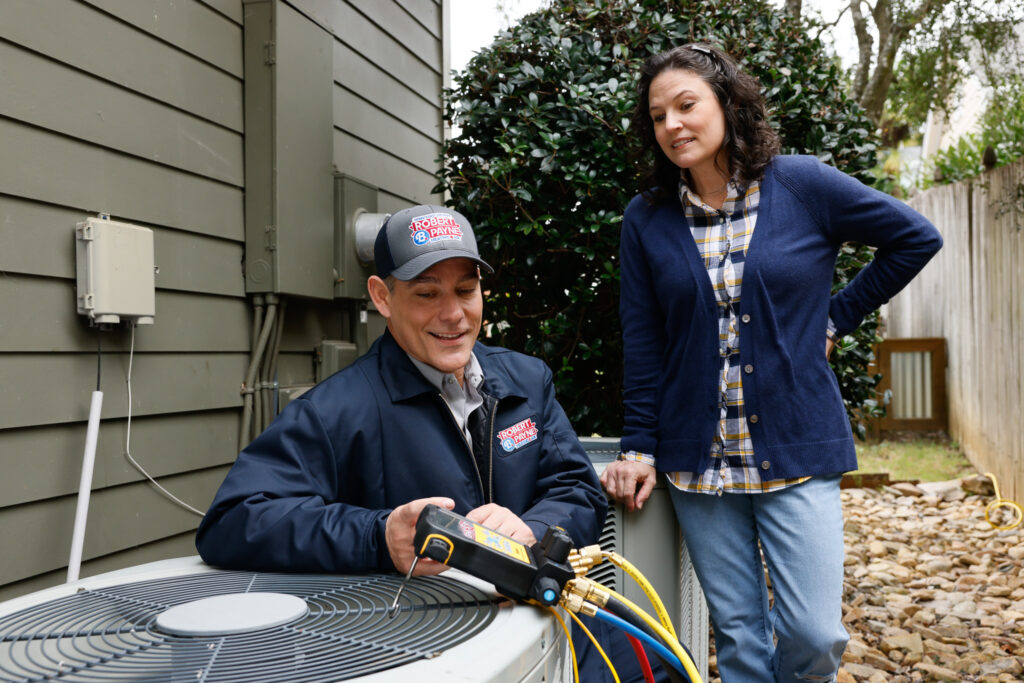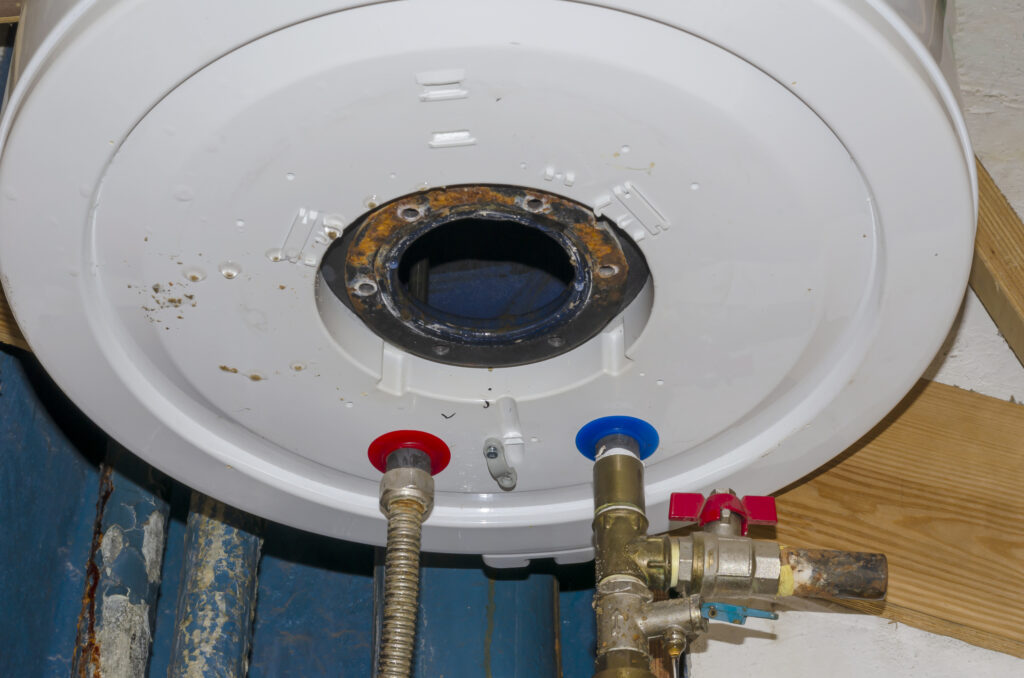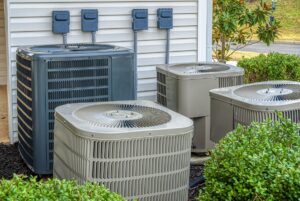Have you been looking for ways your HVAC unit can alleviate allergies? You’ve come to the right place. For better or worse, allergies can be a persistent nuisance, significantly impacting your quality of life. One often overlooked solution to this problem lies within your home – your HVAC unit.

A properly maintained and utilized HVAC system can be crucial in controlling and reducing indoor allergens. It can act as an unseen guardian, filtering air and maintaining an environment not conducive to allergens such as dust mites, pet dander, or mold. This guide will explore how your HVAC unit can help alleviate these allergy triggers, transforming your home into a haven of fresh, clean air. Understanding these methods can lead to reduced dependence on medication, providing an all-natural way to combat allergies. Let’s explore how you can turn the tables on allergies using your HVAC system.
Understanding the Role of Your HVAC Unit in Allergy Reduction
Before we dive into how your HVAC unit can alleviate allergies, it is essential to understand its role in maintaining indoor air quality. Your HVAC system’s primary function is to circulate air throughout your home, regulating temperature and humidity levels. As a bonus, it also filters out airborne particles that could cause harm or discomfort.
When functioning correctly and regularly maintained, your HVAC system should filter out pollutants such as dust, pollen, and pet dander. This process traps these allergens in the system’s filter instead of recirculating them into your home. In contrast, a poorly maintained HVAC unit can worsen allergies by distributing allergens throughout your home.
Regularly Changing Filters for Improved Indoor Air Quality
One crucial step to ensuring your HVAC system effectively reduces allergens is regularly changing the air filters. Filters typically need replacement every three months, but this may vary depending on your home’s size and the filter type.
When filters are clogged with particles, they cannot effectively trap new allergens, leading to the recirculation of pollutants into your home. By changing filters as recommended, you can ensure your HVAC system works at its best to reduce allergens.
The Importance of Clean Air Ducts in Allergy Reduction
Another aspect of HVAC maintenance that often goes overlooked is cleaning the air ducts. Over time, dust, mold spores, and other allergens can accumulate in the ductwork, reducing your system’s efficiency and potentially aggravating allergies.
It is recommended to have your air ducts professionally cleaned every three to five years to keep them free from allergen buildup. This process can also improve your HVAC system’s energy efficiency and reduce the risk of mechanical issues.
Choosing the Right HVAC System for Allergy Reduction
There are certain things to remember that can help reduce allergens in your home when purchasing a new HVAC system. High-efficiency systems with advanced filtration options, such as HEPA filters or ultraviolet lights, are designed to capture more allergens and keep them from circulating in your home.
Additionally, certain HVAC units have features like air purifiers or dehumidifiers, which can further improve indoor air quality and reduce common allergens. Be sure to research and discuss these options with a professional HVAC technician when selecting a new system for your home.
Consider Investing in HEPA Filters for Enhanced Allergy Reduction
High-Efficiency Particulate Air (HEPA) filters are known for their superior performance in capturing small particles, including allergens. These filters have a higher filtration rate than standard air filters and can effectively capture airborne irritants that trigger allergies.
While HEPA filters may cost more than standard air filters, they can greatly improve indoor air quality and provide relief for those with allergies. It is important to regularly replace these filters as the manufacturer recommends to maintain their effectiveness.
Regular HVAC Maintenance: The Key to Allergy Reduction
In addition to choosing the right HVAC system, regular maintenance is essential for reducing allergens in your home. A poorly maintained HVAC system can harbor dust, mold, and other allergens that can worsen allergy symptoms.
Schedule routine maintenance appointments with a professional HVAC technician to keep your unit clean and functioning properly. This will not only improve indoor air quality but also extend the lifespan of your HVAC system.
Other Tips for Reducing Allergens in Your Home
In addition to having a well-maintained HVAC system and investing in HEPA filters, there are other steps to reduce allergens in your home. These include:
- Regularly vacuuming carpets and upholstery to remove dust and pet dander
- Washing bedding and linens in hot water weekly to kill dust mites
- Keeping windows closed during high pollen seasons
- Using a dehumidifier to control moisture and prevent mold growth
- Investing in hypoallergenic bedding and pillows
Get In Touch With Our Team
Here at Robert B. Payne, we understand the importance of indoor air quality and its impact on allergies. Our team of experienced HVAC technicians can help you choose the right system and provide regular maintenance to keep allergies at bay.
Contact us today at 540-373-5876 for an appointment or more information on our services. Breathe easier with Robert B. Payne, starting today!






